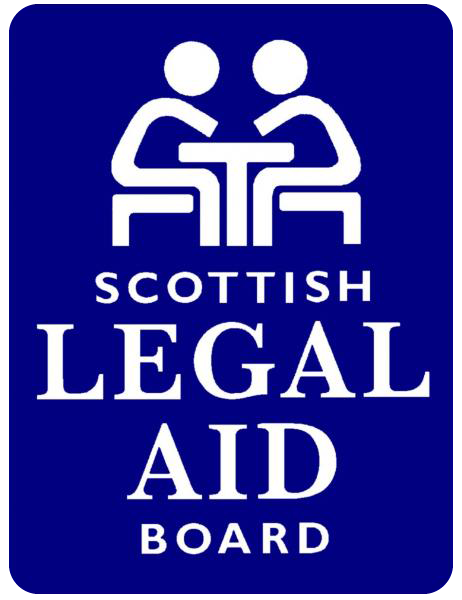The UK Government’s current attitude toward European membership could lead to the country becoming a prime holiday destination for fugitives. MP’s have failed to endorse the country’s participation in the European arrest warrant (EAW) in a forthcoming parliamentary vote, which has concerned leading legal and law enforcement figures.
The EAW is one of 35 justice measures which the government is debating on rejoining after opting out of more than 100 EU policies relating to justice and home affairs last year.
Under the terms of the 2009 Lisbon Treaty, the UK has to decide by 1 December whether to continue to adhere to the EU criminal justice and law enforcement measures. The UK now want to retain 35 of the justice measures, including the EAW which allows police to extradite suspects quickly between EU States.
EAW’s ensure direct enforcement by a judge in one Member State of a warrant for arrest issued by the judicial authority of another Member State (MS). However, some Conservative MP’s are unsure about the implications of allowing UK suspects to be extradited on spurious grounds, seeing it as a threat to the liberties of Britons and the sovereignty of the UK.
Conversely, this risks the opportunity for the UK to become a safe haven for fugitives from criminal activities in Europe – a small number of them possibly being British citizens.
Although a robust assessment of the limitations on rights of UK citizens is admirable the EAW’s, since their introduction in January 2004, may only be used in certain circumstances.
The EU Framework Decision issued a number of safeguards designed to protect the rights of suspects subjected to a EAW. For example: the double criminality rule still applies so that they may not be tried in both a foreign and domestic court.
The Decision expressly states that it respects fundamental rights and observes the principles of liberty, democracy and respect for human rights and fundamental freedoms recognised by Article 6 of the Treaty on European Union.
Only a national judicial authority, such as a court, can issue an EU warrant to get a suspect extradited.
Further, for a warrant to be valid, the suspect must be accused of an offence incurring a maximum penalty of at least a year in prison, or must have been already sentenced to at least four months in prison.
Additionally, it requires the requested State to keep the accused informed of the EAW and the proceedings flowing from it; the person should also have the right to be assisted by a lawyer and, if necessary, an interpreter according to the national laws of the Member State.
The value of the EAW was illustrated by the rapid extradition of a suspect (Hussain Osman) wanted in connection with the attempted 21 July 2005 London bombings from Italy in September 2005; he was subsequently sentenced to a minimum term of imprisonment of 40 years. While widely regarded as a successful innovation in the prosecution of European criminal activity and advancement of the EU project, the UK’s current Euro-sceptic stance leaves a potential gap for criminals to exploit.
Indeed, it may be argued that EAW’s possess a substantive offering of safeguards for suspects and have, historically been used effectively. The UK government must not let the current political attitude towards Europe allow the country to become host to Europe’s most wanted.
Contact us
If you need advice or assistance with a criminal defence issue, McSporrans defence lawyers can help. Call us today on 0131 557 9151 (24hrs) for a free, no obligation discussion or fill in our online enquiry form.



